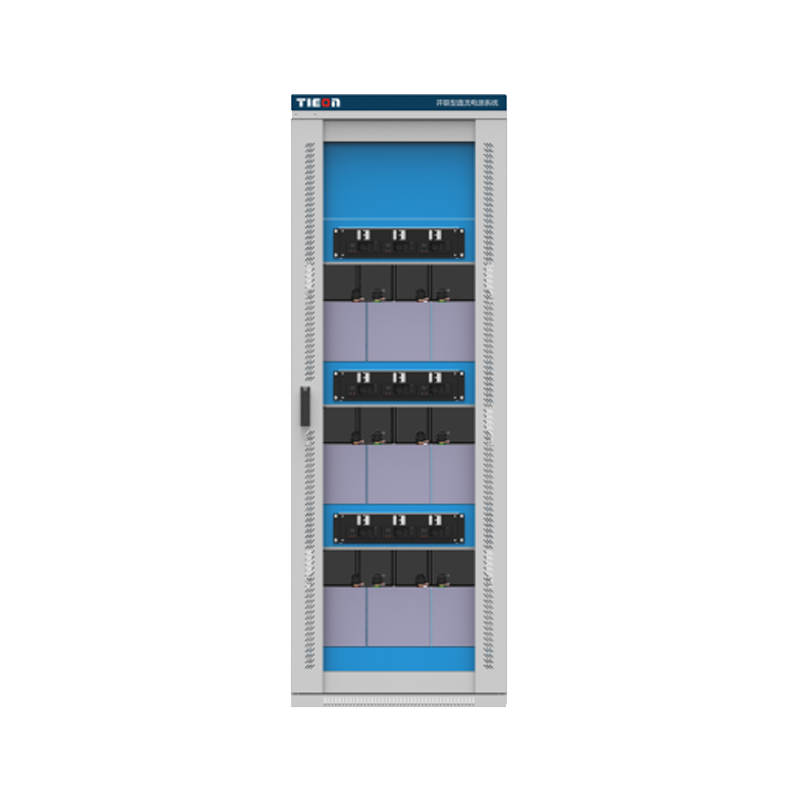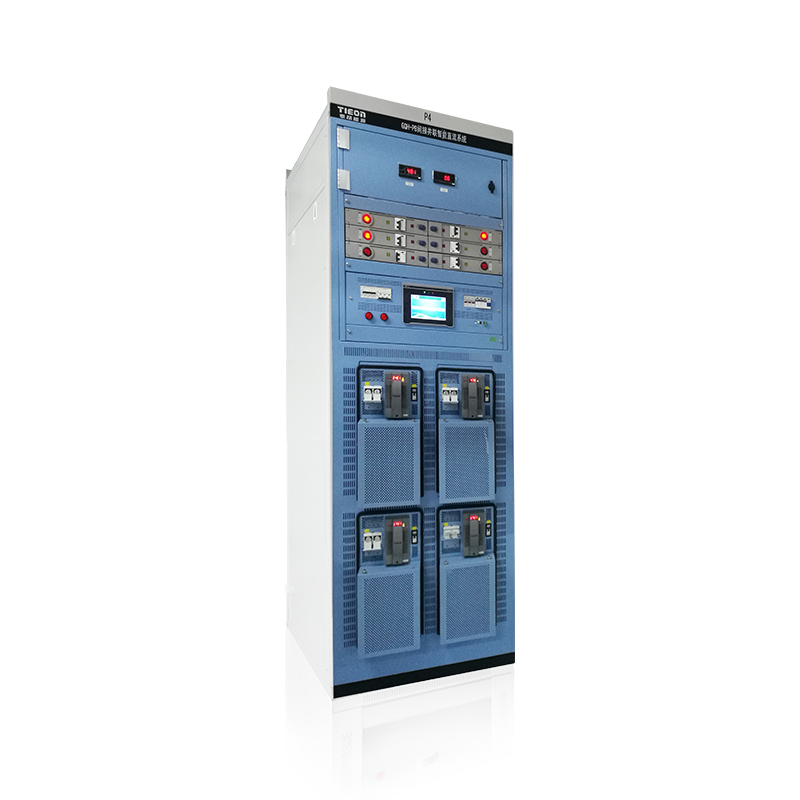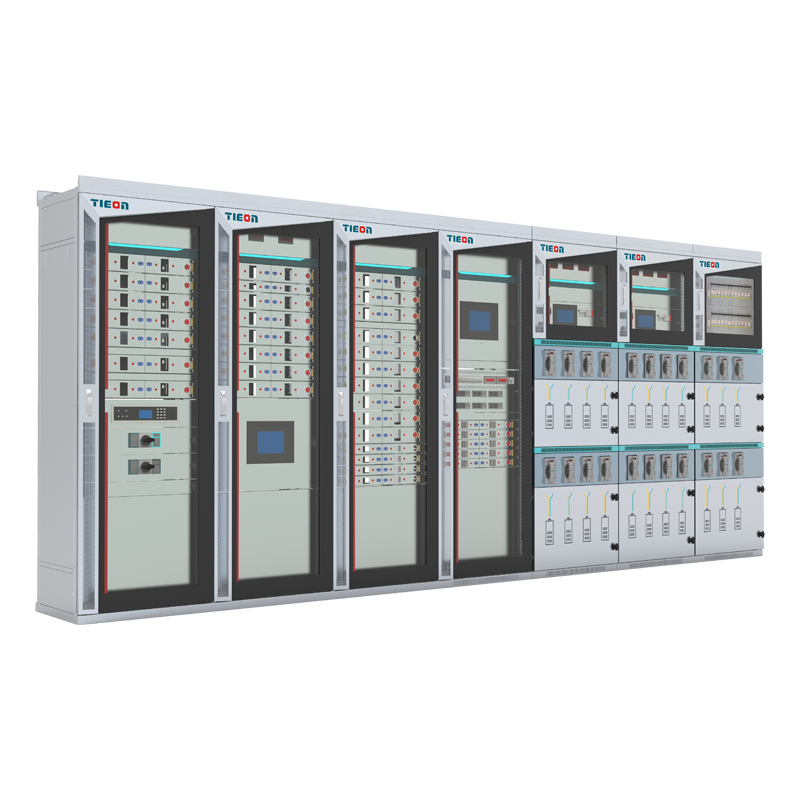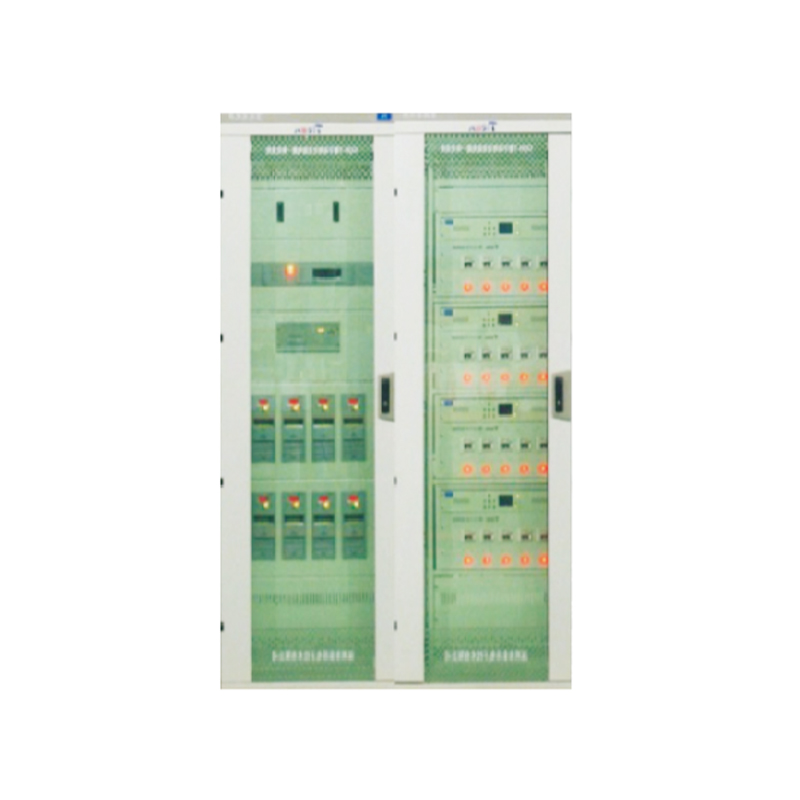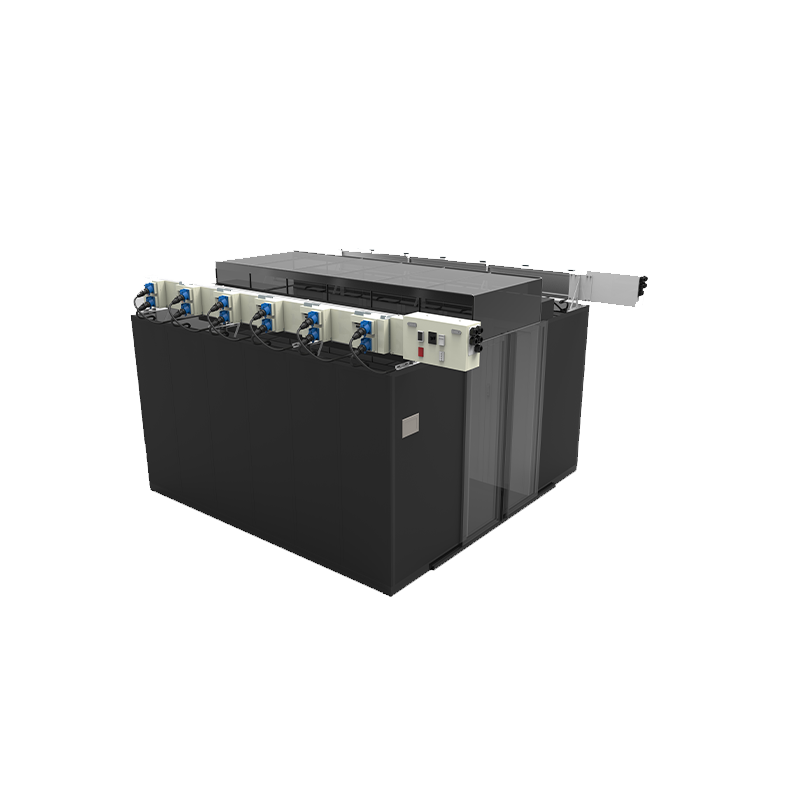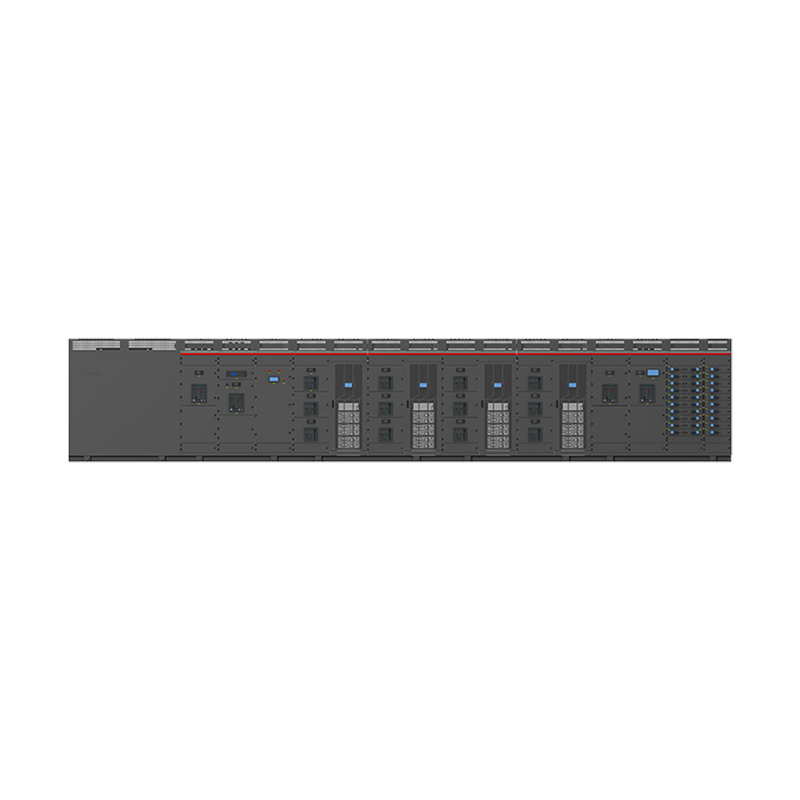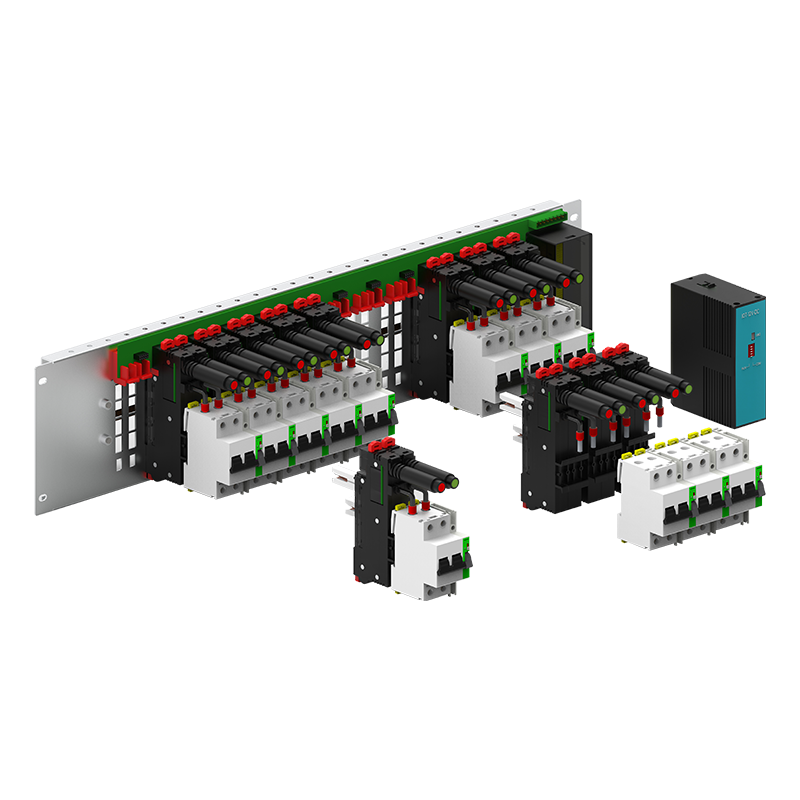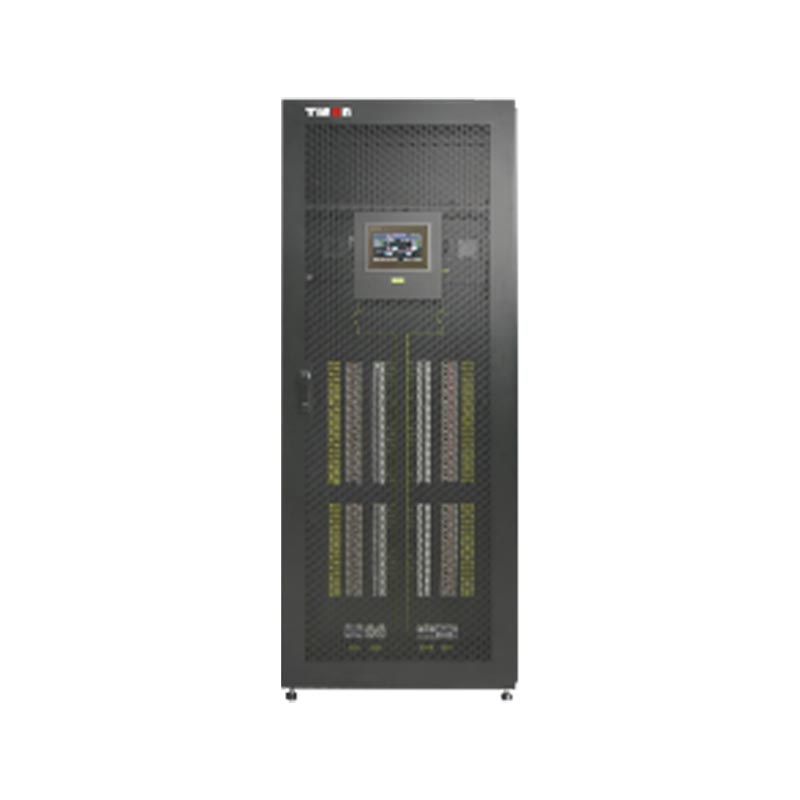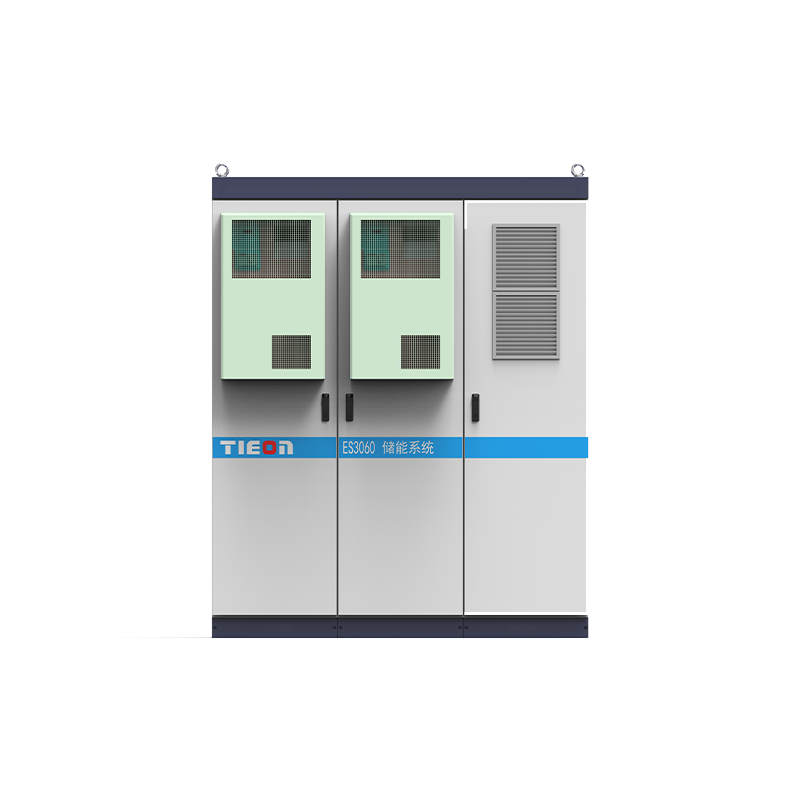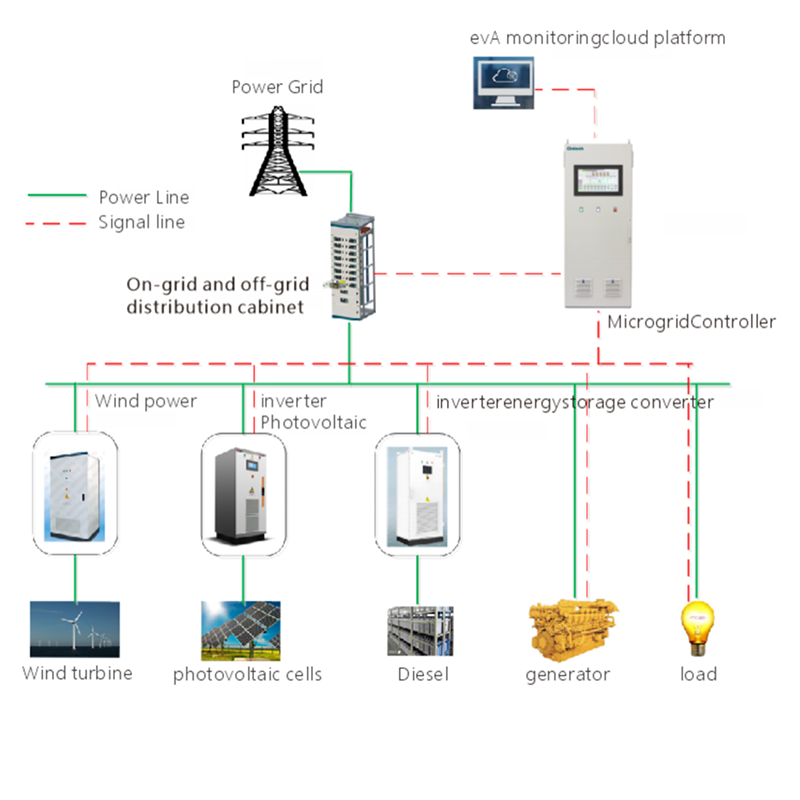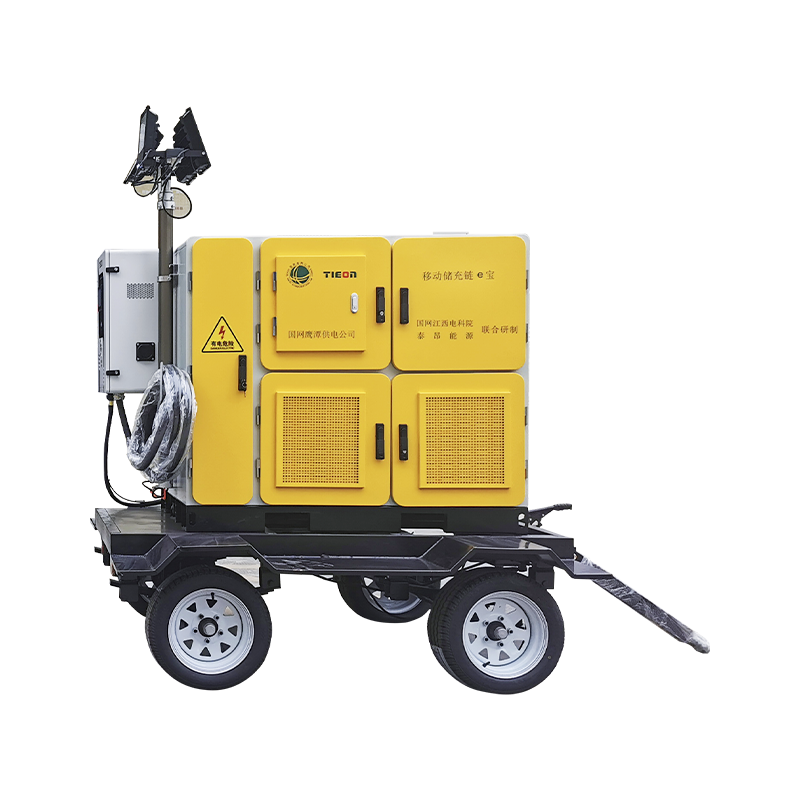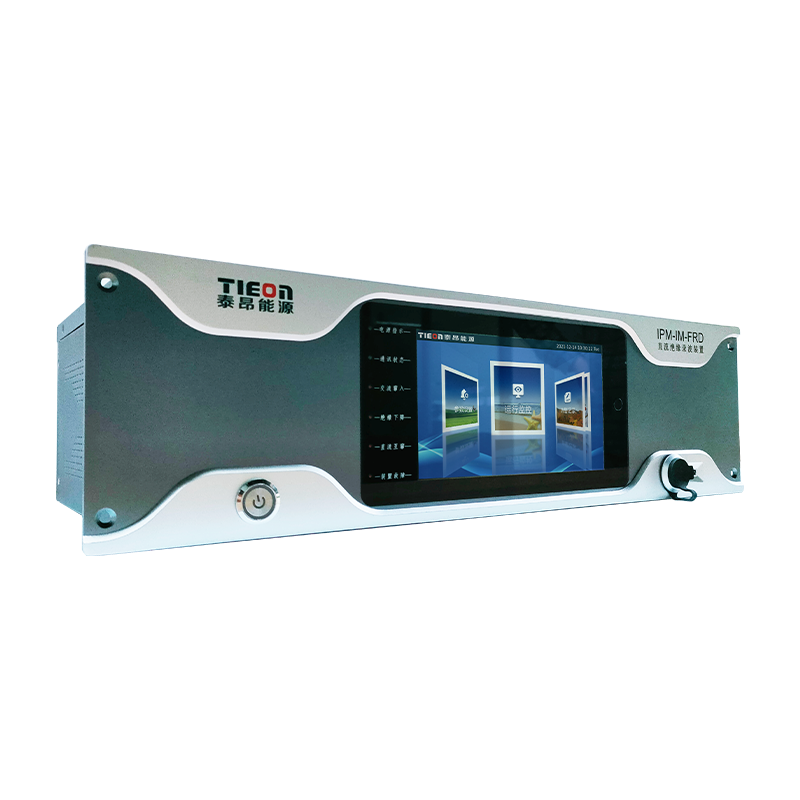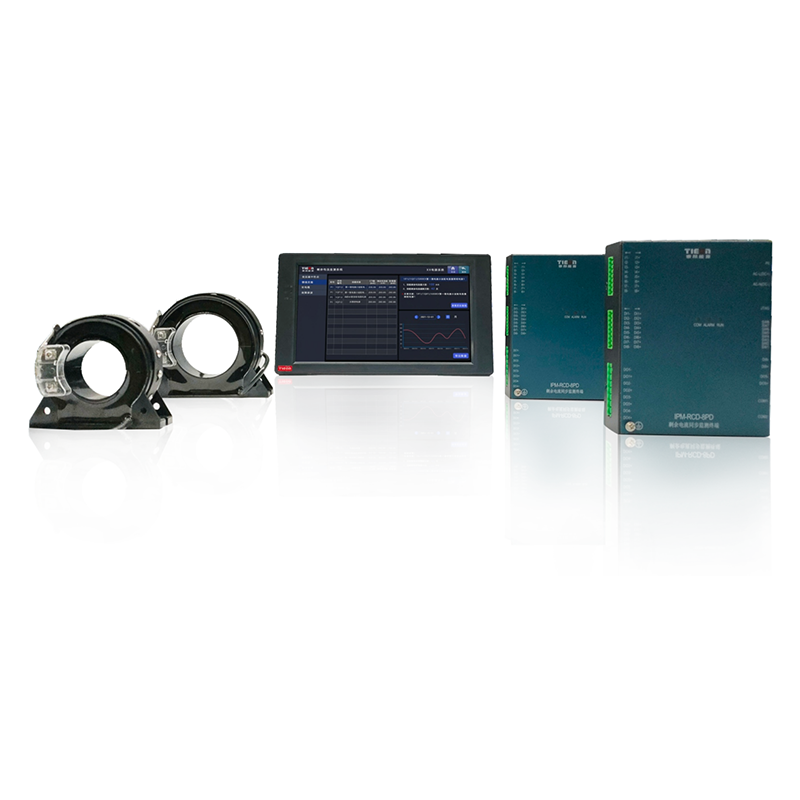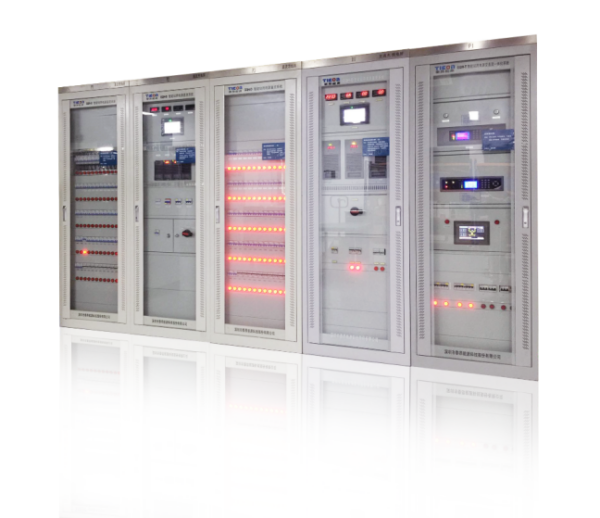When the primary power source is unavailable or insufficient, power supply serves as a backup or supplemental source of electricity for critical systems or devices. Supplementary power becomes necessary when power outages could result in disruptions, downtime, or even dangerous circumstances.
In a power outage, the auxiliary power supply turns on automatically to maintain power flow and distribution solution. It can be included in several systems, including those that run on batteries, backup generators, or renewable energy sources like solar panels.
Why is Power Supply Important?
The significance of power supplies lies in their ability to offer:
Uninterrupted Power Flow:
A momentary loss of power can have severe consequences in critical situations such as hospitals, data centers, or industrial plants. APS ensures these environments continue operating smoothly without power interruptions.
System Protection:
Many electronic devices and machinery are sensitive to power fluctuation and distribution solutions. An APS can safeguard them by providing clean, stable power and protecting sensitive components from damage.
Safety:
In cases where power is critical for safety, such as emergency lighting, control systems, or fire suppression systems, an APS ensures that these safety measures remain functional.
Cost Efficiency:
Unexpected downtime due to power outages can result in significant financial losses. An APS provides a reliable backup and helps reduce operational interruptions and associated costs.
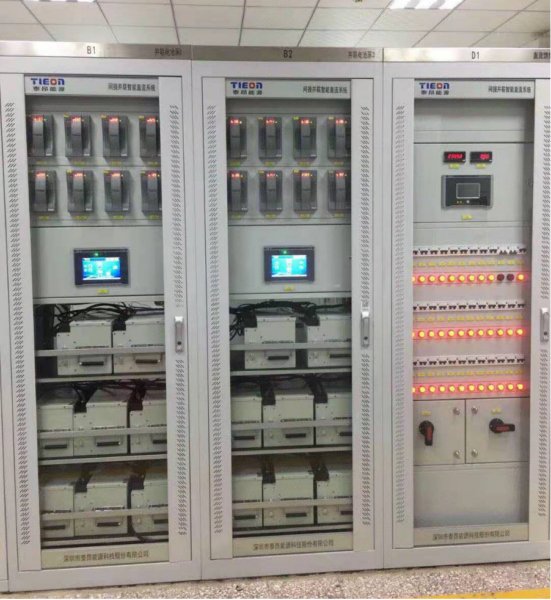
Types of Auxiliary Power Supplies
Auxiliary power supplies can be categorized based on their power source or technology. The most common types include:
- Battery-Powered Power Supply
- Generator-Based Power Supply
- Renewable Energy Systems
- Hybrid Systems
Critical Applications of Auxiliary Power Supplies
In many different areas and industries, power supplies are indispensable. Here are some of the more common industry uses:
1. Medical care
A steady supply of electricity is essential for life-saving devices like ventilators, monitoring systems, and surgical instruments to continue operating in hospitals and other medical institutions.
2. Information Centers
Millions of servers that hold enormous volumes of data are housed in data centers. Even a short-lived power outage might cause corruption, data loss, or downtime, which can cost money and harm one’s reputation. Auxiliary power systems, such as generators and UPSs, are necessary to keep data centers operating and avoid disastrous losses.
3. Manufacturing and Industrial Plants
Industrial facilities often rely on heavy machinery and automated systems that require consistent power. A sudden power cut can lead to production delays, equipment malfunctions, and safety hazards. Power supplies ensure that production lines keep running smoothly, reducing downtime and preventing potential equipment damage.
4. Emergency Systems
Power supplies are critical for distributing and powering emergency systems like fire alarms, security systems, and lighting. These systems need to function in a power outage to ensure safety and security.
Conclusion
Power supply is required in every setting where power dependability is critical. These systems, found in homes and hospitals, ensure that essential operations continue even if the main power supply fails. By selecting the appropriate power supply based on power requirements, application, and budget, businesses and individuals may reduce the risks of power outages and safeguard their systems, data, and safety.

